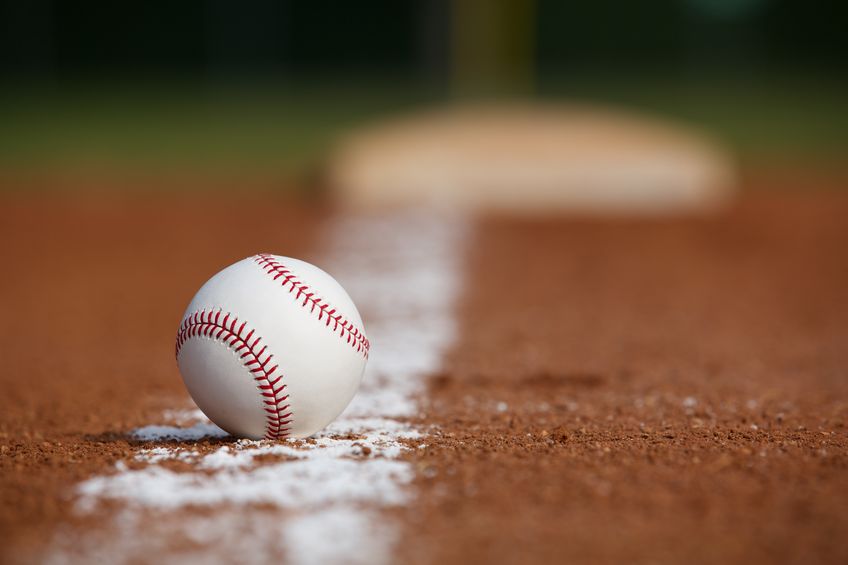25 April 2014
Lessons from baseball that apply to education
A life-long baseball fan, Ed Abeyta sees plenty of life lessons and teachable moments that could be applied as equally to education as they do to baseball.

Extension's associate dean and the director of UC San Diego Extension’s Pre-College programs, Abeyta recently wrote a feature for “The Evolllution,” a higher-education publication of the Lifelong Learning Movement.
Excerpts of his five lessons:
1) Responding to Failure: “Baseball involves learning from failure. Even Hall of Fame hitters fail seven out of 10 times … Higher education has also followed this approach in a quest to uncover new discoveries built on trial-and-error. Baseball players, entrepreneurs and researchers share the same euphoria when the sum of their hard work produces a “home run.” As Thomas Edison once said, “I have not failed. I’ve just found 10,000 ways that won’t work.”
2) Knowledge is Power: “Baseball is known as a thinking sport where strategy can trump talent. Scouting reports, video review and situational statistics are just some of the tools used to win games. … Just because one may fail meeting expectations in one domain, acquired skills have the capability to cross over to another domain.”
3) Evaluation and Success Metrics: “Baseball players are evaluated on a variety of skill areas needed to help a team succeed. … There are emerging efforts in academia to showcase academic course credit as well as co-curricular activities and achievements. This effort provides an opportunity to showcase a more holistic portrait of a student’s capabilities and talent.”
4) The Little Things Matter: “In addition to completing a college degree, students must also ensure they understand the value of mastering the little things, such as teamwork, problem solving and communications (both oral and written). … There have been scores of baseball players and leaders in industry who were never household names, yet managed to be successful because they did the small things that make teams and companies winners.”
5) Teamwork: “The skill of working as a team is reflected in relationships, community engagement, sports, and particularly in business and life after sport. ... Reducing silos between various elements of an institution will go a long way to supporting teamwork and improving student success.”